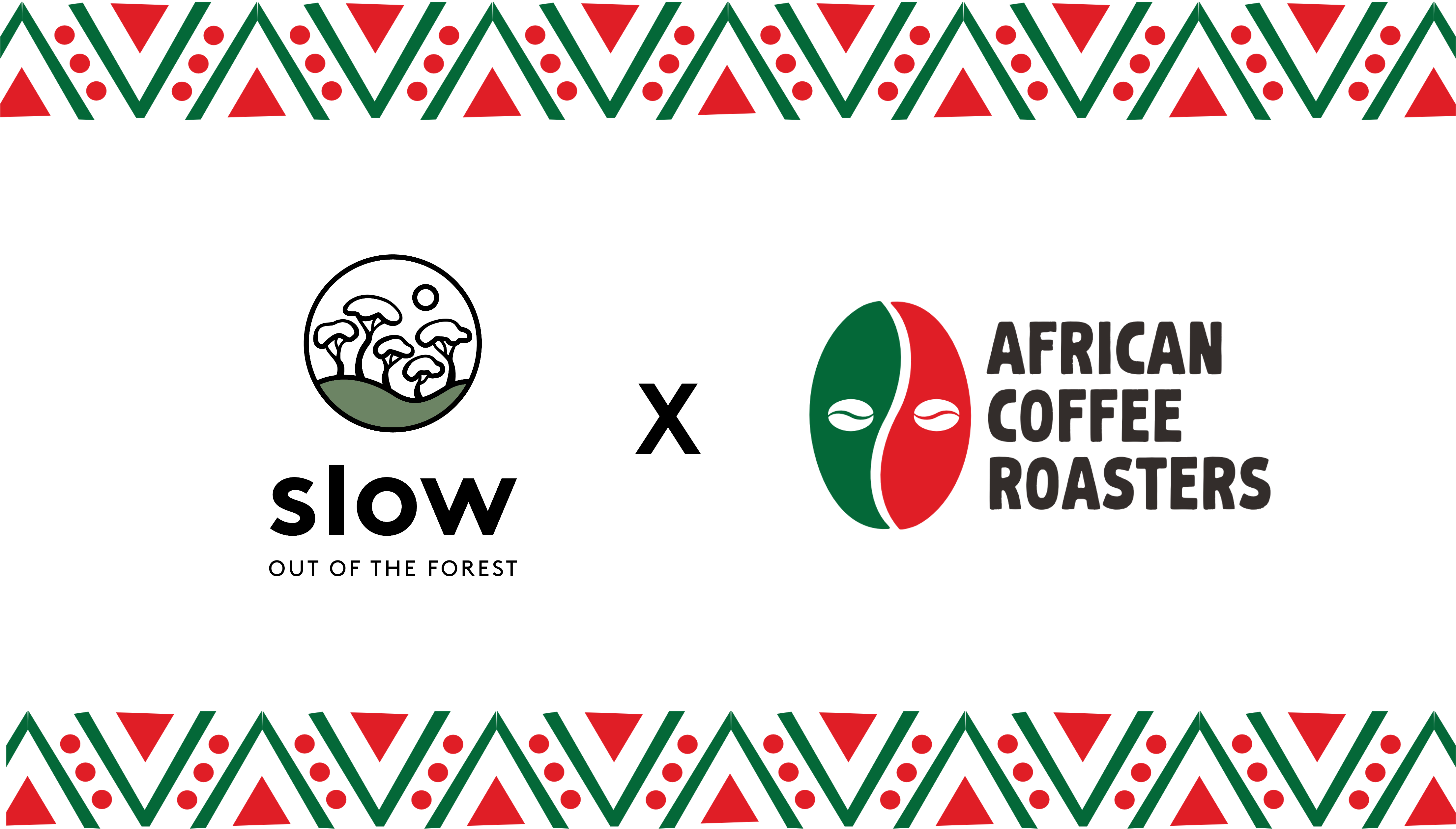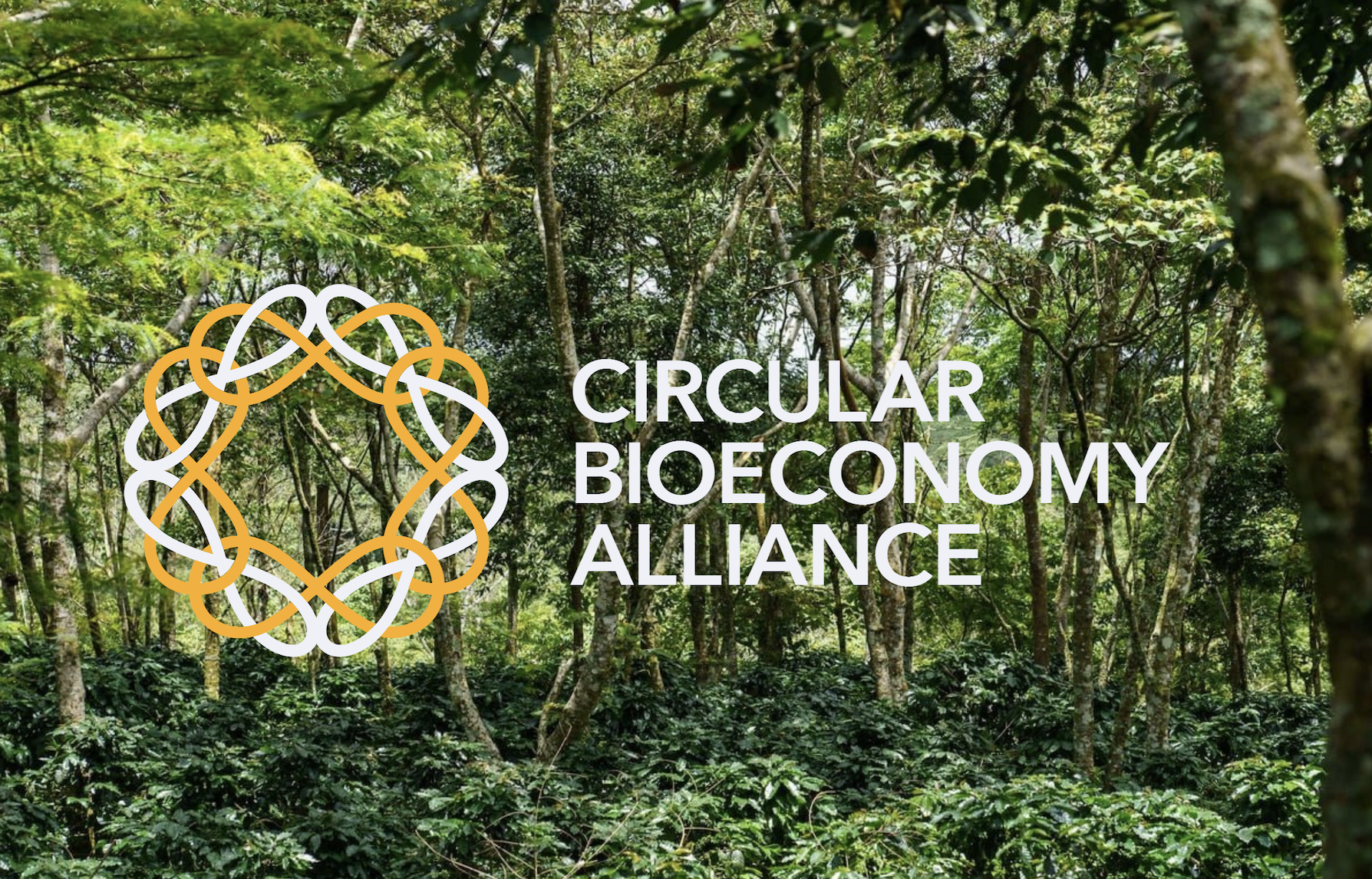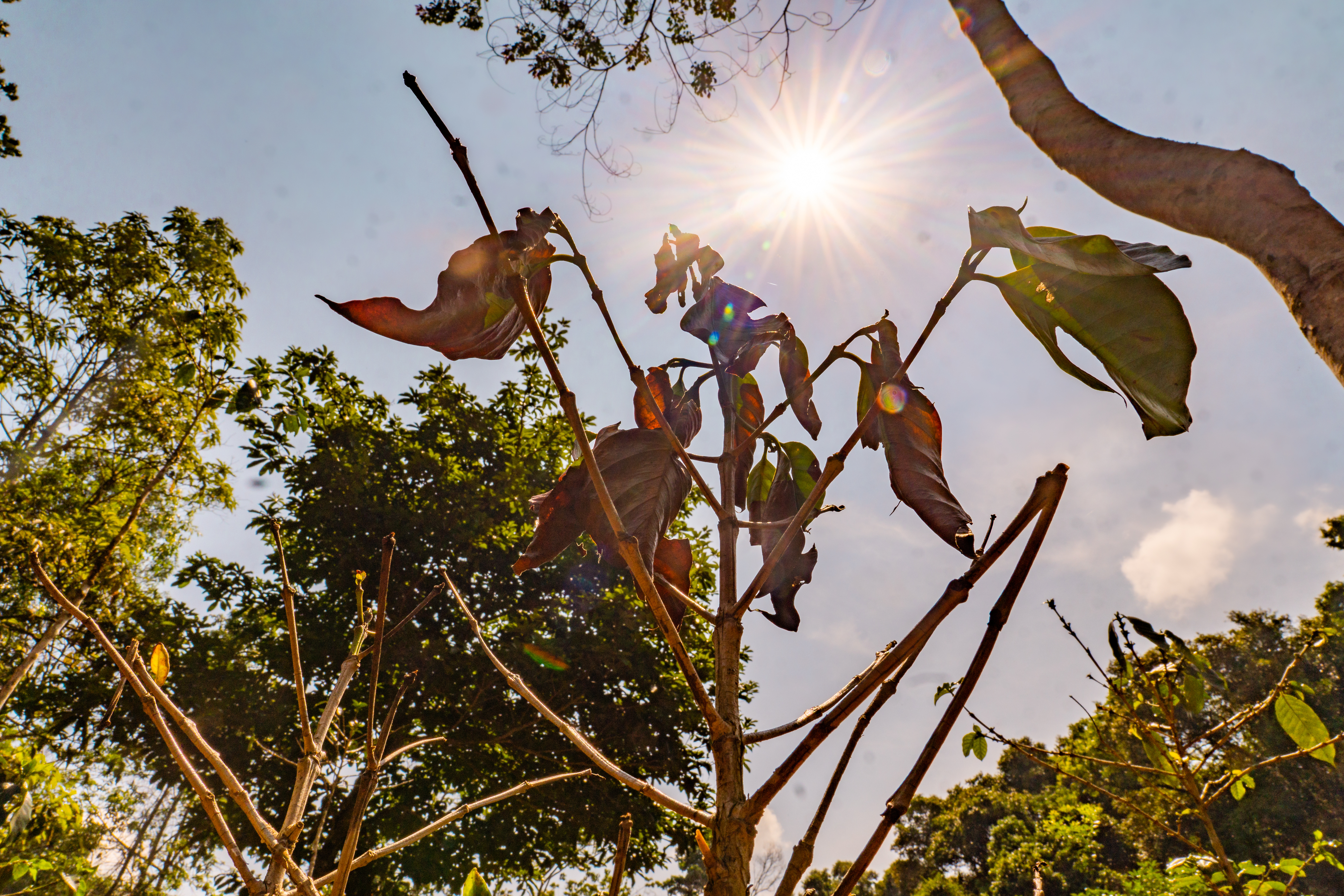Slow acquires African Coffee Roasters – A New Era for Sustainable Coffee
Big news from Slow. African Coffee Roasters is now part of the Slow family. And this isn’t just an acquisition—it’s a major step forward in how...

One of the main goals of Slow is to support farmers and improve their livelihoods © Slow
For many coffee farmers in Laos, the savings earned by the family are often small. This is typical, especially at the beginning of the harvest season when coffee beans have not yet been sold. Farmers must have access to cash regularly throughout the year so that they can cover their basic expenses.
Slow guarantees farmers 40 % of payments in advance before the start of the harvest season. By doing this, the income is distributed more evenly and regularly, and the financial situation of the farmer's family remains stable.
Smallholder farmers usually live a long distance from the cities without a car or other means of transport, which also means a long journey to the bank. Payments for coffee have thus usually moved through intermediaries or farmers’ associations.
Some of the farmers have not had the opportunity to open bank accounts as they may not have even ID cards. For this reason, Slow has acquired identity cards with our farmers and opened bank accounts with them. Thus, there is always documentation of the payments, making the transactions transparent and safe.

Most of the ideas come directly from our farmers
In addition to the down payment and bank account, we offer our farmers a unique opportunity to an emergency fund.
The emergency fund helps when, for example, a farmer falls ill. Due to illness, the farmer's family may have to sell their coffee harvest prematurely or take out an expensive loan. From the Emergency Fund, Slow-farmers can raise an interest-free loan to secure their situation in the event of a sudden accident.
Slow is constantly striving to further develop projects like this, as they significantly increase the well-being of our farmers. Most of the ideas come directly from our farmers and will be developed together so that our farmers have a say in future projects.
Some of our farmers have requested acquiring apiaries or planting fruit trees, like Avocado, among the coffee they are growing. This will provide our farmers with extra income and reduce their dependence on coffee as their only source of income.
While these efforts may seem simple, they do bring significant positive changes to the livelihoods of our farmers!

Big news from Slow. African Coffee Roasters is now part of the Slow family. And this isn’t just an acquisition—it’s a major step forward in how...

A few years ago, coffee and chocolate were just products. But at Slow, we’re changing the story. We’re not just selling beans and cocoa, we’re...

For years, coffee prices moved with supply, demand, and speculation. That equation has changed.